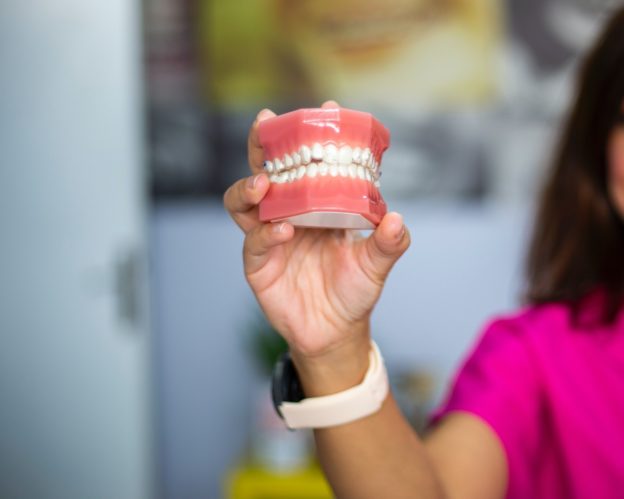Recovery from addiction or any other mental health issue can be a long and challenging journey. It’s a journey filled with ups and downs, setbacks, and triumphs. One of the most critical aspects of recovery is finding acceptance and embracing it. Acceptance is not only about accepting the reality of your situation but also accepting yourself and your past mistakes. It’s a crucial step in the recovery process that can help you find peace, heal and move forward with hope and determination. In this blog post, we will explore the importance of finding acceptance on your recovery journey and how it can lead to a successful and fulfilling life. Continue reading













